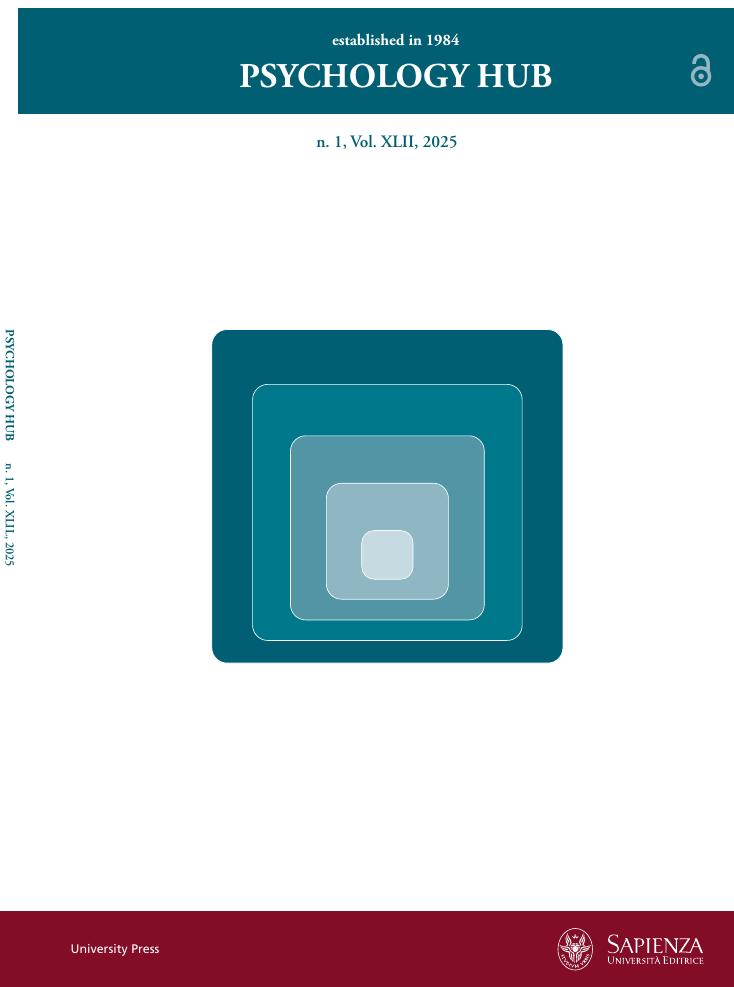Daily Work Engagement as a Mediator in the Relationship Between Self-Efficacy and Supervisory Support Toward Daily Performance
DOI:
https://doi.org/10.13133/2724-2943/18484Keywords:
Ethics statement. This study’s protocol was designed in concordance with ethical requirements specific to the Faculty of Psychology, University of Tarumanagara (No: 296-TIM/KEPTM/3315/FPsi-UNTAR/X/2023), before beginning the study. All participants voluntarily participated in the study and gave written informed consent regarding ethical conduct in scientific research., Conflict of interest / Disclosure statement. The authors declare no financial interests/personal relationships, which may be considered as potential competing interests., Data Availability Statement (DAS). The datasets generated during and/or analysed during the current study are available from the corresponding author on reasonable request., Funding statement. All authors certify that they have no affiliations with or involvement in any organization or entity with any financial interest or non-financial interest in the subject matter or materials discussed in this manuscript.Abstract
Research on the dynamic nature of work engagement and performance remains limited. This study aims to explore the impact of work engagement on performance through daily measurements over three weeks. Additionally, it strives to determine the role of supervisory support and self-efficacy in the dynamic interplay between work engagement and performance. This quantitative research employs a field experiment method involving 103 sales professionals in a multinational company over three working weeks. The analysis utilizes the Linear Growth Model approach, and mediation analysis is conducted using Mplus software. The findings reveal that work engagement consistently demonstrates measured outcomes each week over the three weeks, while performance consistently declines. Self-efficacy and supervisory support are shown to contribute significantly to work engagement. Furthermore, work engagement is confirmed as a mediator between the roles of self-efficacy and supervisory support with performance. However, this mediating relationship only emerges during the 1st and 2nd week measurements.
Additional Files
Published
How to Cite
Issue
Section
License
Copyright (c) 2025 Psychology Hub

This work is licensed under a Creative Commons Attribution-NonCommercial-ShareAlike 4.0 International License.





